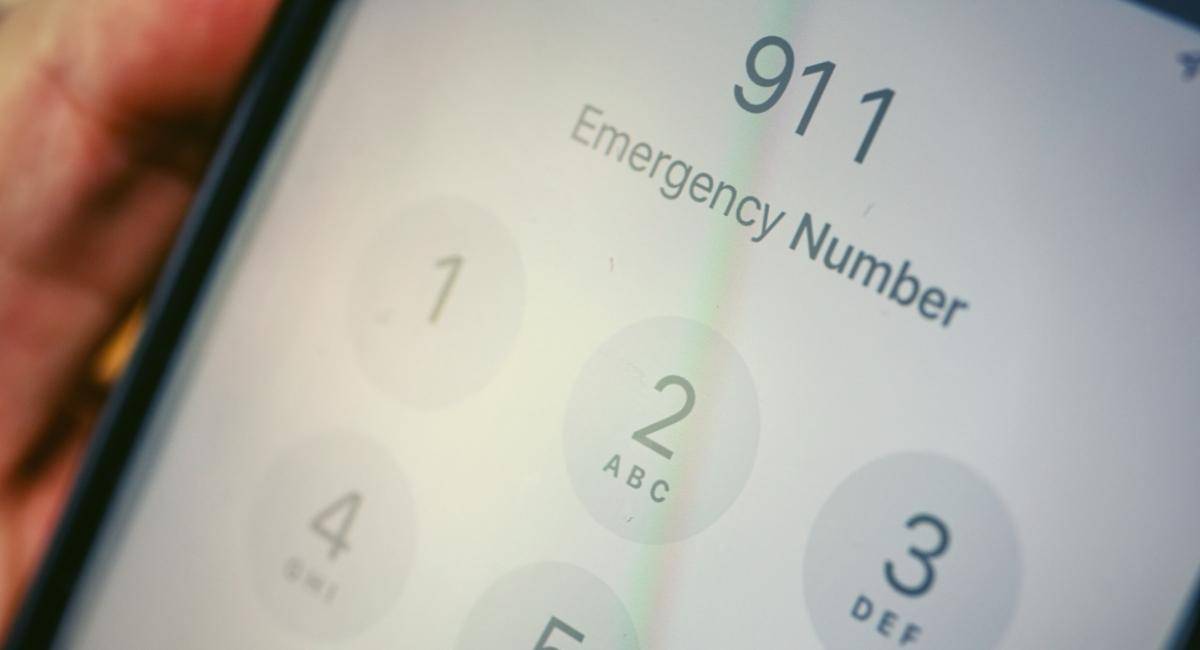The National Emergency Number Association (NENA) states that the three-digit telephone number “9-1-1” has been designated as a “Universal Emergency Number” for citizens all over the United States to request emergency assistance, and it is intended as a nationwide telephone number to give the public fast and easy access to a Public Safety Answering Point (PSAP). Anybody interfering with another party’s attempt to call 9-1-1 can face criminal charges in Texas, and you will want to be sure you are working with a Denton interference with 911 attorney if you are accused of having prevented another person from placing an emergency phone call.
Convictions for interfering with 9-1-1 phone calls can have serious repercussions for alleged offenders that may include possible terms of incarceration as well as significant fines. You could also lose your right to own or possess a firearm.

Interference with 911 Defense Lawyer in Denton, Frisco, Lewisville, Flower Mound, TX
Contact the Law Offices of Richard C. McConathy today for a consultation about your alleged offense in Denton, Frisco, Lewisville, Flower Mound, and surrounding areas of Denton County, Texas.
The Law Offices of Richard C. McConathy regularly defend people all over Texas against all kinds of family violence charges, so we know how to fight to help people overcome these types of criminal charges. You can call (940) 222-8004 or contact us online to get a consultation so we can further examine the details of your case and begin formulating a stringent defense.
Texas Interference with Emergency Request for Assistance Charges
Under Texas Penal Code § 42.062, a person commits interference with an emergency request for assistance offense if they knowingly prevent or interfere with another person’s ability to place an emergency call or request assistance, including requests for assistance using electronic communications devices, during any emergency from a law enforcement agency, medical facility, or other agency or entity which has the primary purpose to provide for the safety of individuals. The same law also establishes that it is an offense if a person recklessly renders an electronic communications device such as a telephone unusable that would otherwise be used by another person to place an emergency call or request assistance in an emergency from either a law enforcement agency, medical facility, or other agency or entity the primary purpose of which is to provide for the safety of individuals.
Interference with an emergency request for assistance is a Class A misdemeanor, but it is a state jail felony when an alleged offender has previously been convicted for this crime. Texas Penal Code § 42.062(d) defines an emergency as “a condition or circumstance in which any individual is or is reasonably believed by the individual making a call or requesting assistance to be in fear of imminent assault or in which property is or is reasonably believed by the individual making the call or requesting assistance to be in imminent danger of damage or destruction.”
Culpable Mental States in Texas
Again, the state law establishes that it is a crime if an alleged offender knowingly prevents or interferes with another person’s ability to place an emergency call or to request assistance, or recklessly renders an electronic communications device such as a telephone unusable. Knowingly and recklessly have specific legal definitions in Texas.
Texas Penal Code § 6.03 establishes definitions relating to four culpable mental states, which are as follows:
- A person acts intentionally, or with intent, with respect to the nature of their conduct or to a result of their conduct when it is their conscious objective or desire to engage in the conduct or cause the result.
- A person acts knowingly, or with knowledge, with respect to the nature of their conduct or to circumstances surrounding their conduct when they are aware of the nature of their conduct or that the circumstances exist. A person acts knowingly, or with knowledge, with respect to a result of their conduct when they are aware that their conduct is reasonably certain to cause the result.
- A person acts recklessly, or is reckless, with respect to circumstances surrounding their conduct or the result of their conduct when they are aware of but consciously disregard a substantial and unjustifiable risk that the circumstances exist or the result will occur. The risk must be of such a nature and degree that its disregard constitutes a gross deviation from the standard of care that an ordinary person would exercise under all the circumstances as viewed from the alleged offender’s standpoint.
- A person acts with criminal negligence, or is criminally negligent, with respect to circumstances surrounding their conduct or the result of their conduct when they ought to be aware of a substantial and unjustifiable risk that the circumstances exist or the result will occur. The risk must be of such a nature and degree that the failure to perceive it constitutes a gross deviation from the standard of care that an ordinary person would exercise under all the circumstances as viewed from the alleged offender’s standpoint.
This means that if your disruption of a person calling 9-1-1 was the result of criminal negligence, you may not be convicted for an interference with an emergency request for assistance offense. However, intentional acts constituting a crime will result in convictions.
Texas Definition of Emergency
Keeping in mind the definition of emergency provided under Texas Penal Code § 42.062(d), an emergency typically involves another person believing they are going to be the victim of an assault or when their property is about to be damaged or destroyed. An emergency call thus does not have to necessarily relate to a call for medical assistance.
It is not a crime to stop a person from calling any person they want to call. Interference with an emergency call or request for assistance must involve an alleged victim attempting to report an emergency or request medical assistance and contact a specific type of recipient.
This means that an alleged offender cannot prevent or interfere with another person’s efforts to contact a law enforcement agency, medical facility, or some other agency or entity that helps to provide for the safety of individuals. Examples of acceptable recipients of emergency calls in these situations can include:
- 9-1-1 operators
- Local or state police officers
- Federal law enforcement agencies
- Hospitals and/or a doctor’s office
- Fire departments and/or Emergency Medical Technicians (EMTs).
It will always be a criminal offense to prevent someone from calling 9-1-1 to report a crime, but you cannot face criminal charges for preventing a person from calling a friend or spouse. A recipient of an emergency call needs to be some kind of law enforcement agency, medical facility, or other entity that protects the public.
Interference with 911 Penalties in Denton County
Interfering with an emergency call is usually a misdemeanor offense for most first-time offenders. Repeat offenses, however, trigger state jail felony charges.
Convictions are punishable as follows:
- Class A Misdemeanor — Up to one year in jail and/or a fine of up to $4,000
- State Jail Felony — Up to two years in Texas state jail and/or a fine of up to $10,000
Denton Interference with Emergency Request for Assistance Resources
Texas 911 | Home | Texas Kari’s Law | 9-1-1 Authority Search — Kari Hunt was murdered by her estranged husband at a motel room in Marshall, Texas, in 2013, and her 9-year-old daughter tried to call 9-1-1 from the room but was unable to get through because she did not know she had to dial “9” for an outside line. Governor Greg Abbott signed Senate Bill 788 (also known as Texas Kari’s Law) on May 15, 2015, and Texas Administrative Code Rule § 251.16 went into effect on March 1, 2016. Kari’s Law requires direct access to 9-1-1 services without a user needing to first dial an initial number, digit, prefix or other access number or code before dialing 9-1-1.
Senate Committee on State Affairs — View the Commission on State Emergency Communications (CSEC) website, and learn more about appropriate times to call 9-1-1. The website states that people should use 9-1-1 when lives are at risk or they need the police, fire department, or paramedics, but not when there is no emergency, people need help for animals (unless they pose a threat to the safety of a person), or as a game, prank, joke, or practice. Other forms of help you can call and find on this website include Poison Control, the National Suicide Hotline, Alcoholics Anonymous (AA), and the National Alliance on Mental Illness (NAMI).
Find A Denton County Defense Attorney for Interference with 911 Charges | Law Offices of Richard C. McConathy
If you were arrested for allegedly interfering with another party’s attempt to call for emergency assistance in Denton County, you are going to want to retain legal counsel as soon as possible. Prosecutors take these types of crimes very seriously and often seek maximum punishments for alleged offenders, so you will likely need help trying to reduce or dismiss the criminal charges.
The Law Offices of Richard C. McConathy understands the best ways to defend people accused of these types of offenses, and we will be able to thoroughly investigate your alleged crime and work to help you achieve the most favorable possible outcome to your case. Call (940) 222-8004 or contact us online to set up a free consultation with our firm so we can evaluate all of your legal options while reviewing all of the unique facts of your case.


